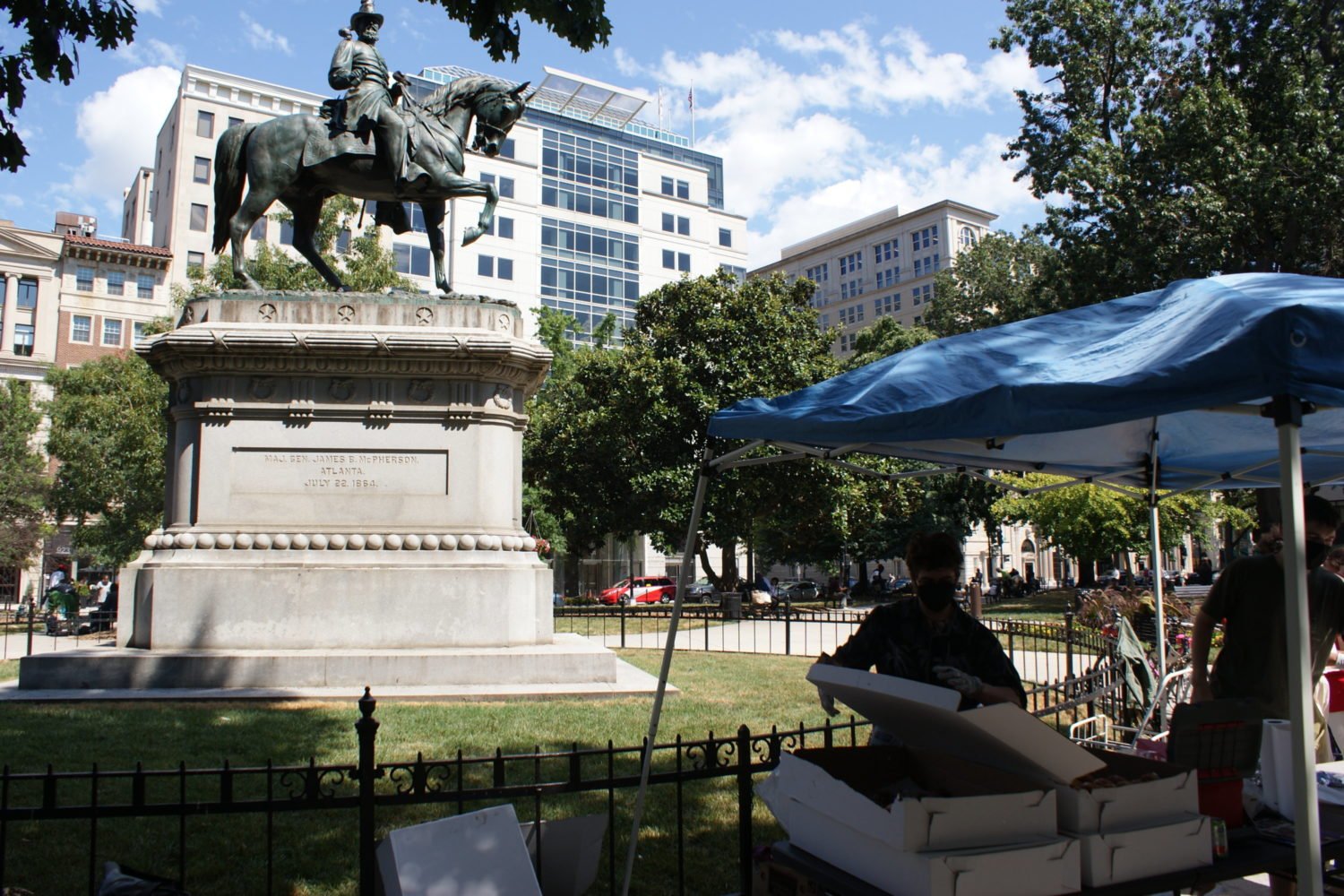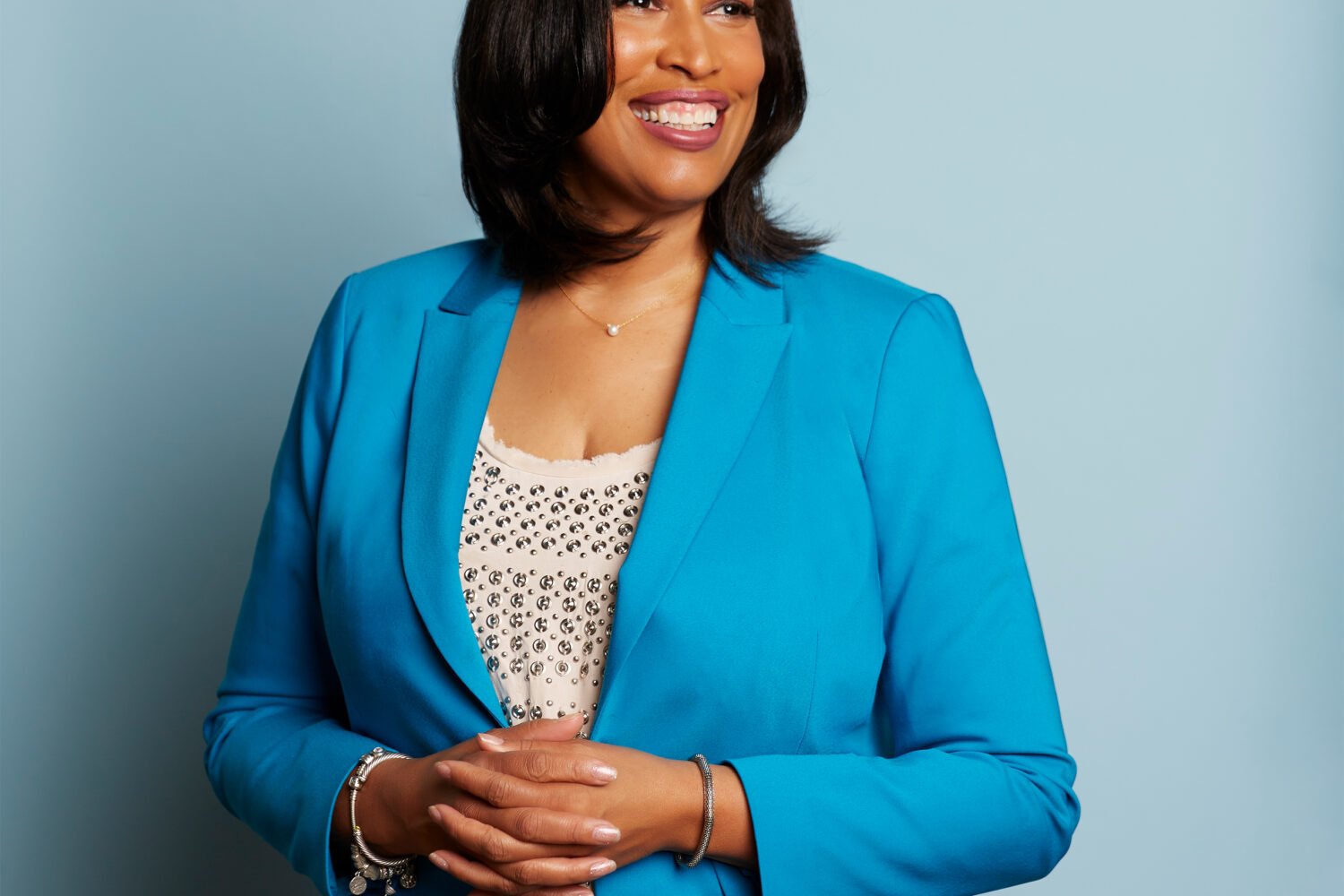This post was originally published on July 20, 2018; it was updated on May 3, 2022.
In the matter of a few hours, abortion rights once again moved to the center of America’s political conversation. On Monday night, Politico published a leaked draft opinion that suggested the Supreme Court is prepared to overturn Roe v. Wade. The document, that was reportedly circulated in February by Justice Samuel Alito, says Alito, along with Justices Clarence Thomas, Neil Gorsuch, Brett Kavanaugh, and Amy Coney Barrett, voted to overrule the decision.
It isn’t clear whether the draft, which Chief Justice John Roberts said Tuesday morning was authentic, will serve as the basis for the court’s decision, but it wouldn’t be surprising if it will. Last year, the Supreme Court upheld a Texas law that bans all abortions after six weeks (which is before many women even realize they’re pregnant). It also enables Texas citizens to sue those they suspect of aiding women in getting an abortions. The new legislation is the closest a state has come to an outright ban on abortion, and several other states have been making similar moves to restrict abortion access. Since early 2022, there have been 536 abortion restrictions—including 86 abortion bans—introduced across 42 states.
All of this has pro-choice advocates seriously concerned about the future of Roe v. Wade. Its repeal would be a landmark decision that would lead to bans in many states, and create cause for concern in others.
For the most part, though, people in and around Washington have treated the question as a somewhat distant one. After all, the District and Maryland are famously liberal jurisdictions, and Virginia has trended that way. Removing the federal guarantee of abortion rights doesn’t mean states can’t continue to protect access. But is it that simple? We asked law- and politics-watchers to walk us through a hypothetical of what things might look like locally in an alternative future where Roe was repealed.
Some states have “trigger laws” that will outlaw abortion the second Roe falls. Will that happen in in DC, Maryland or Virginia?
Nope. None of these jurisdictions have a trigger law or a constitutional amendment that undermines the right to abortion (like 13 states, including Tennessee, Louisiana, and Arkansas) In fact, in DC, the 1901 law that criminalized abortion was repealed in 2003 along with a host of other outdated statues. And Maryland law specifically protects abortion rights.
Is there any chance a DC Council would outlaw or restrict abortion?
Almost none. The council is overwhelmingly progressive, often to the chagrin of Congress—and the few Republican councilmembers over the years (there are none on the current council) have been social liberals, too. In 2017, six councilmembers introduced a bill that would make health-care workers protected from discrimination based on their support for abortion rights and access.
What about Congress? Can’t it simply dictate a ban?
The Constitution grants Congress “full legislative authority” over the District. But in reality, it’s extremely unlikely. For one thing, it’d have to pass both chambers, and would be subject to a Democratic filibuster in the Senate. And for the last two decades, Congress has mostly sought to influence the city via the budget process rather than out-and-out legislation. A 20-week DC abortion ban introduced by Arizona Representative Trent Franks in 2012 didn’t even get out of committee.
But what about that budget process? Congress can use that to impose policy on the District, right?
Right. Since DC budgets are passed in Congress’ yearly appropriations bills, those bills sometimes carry riders that dictate what the District can and cannot do with their money. Those riders usually try to stop something that’s being proposed—as when Georgia Representative Bob Barr famously authored a spending bill amendment that both prevented DC from implementing a 1998 a referendum legalizing medical marijuana and sealed the results of the vote. (Months later, residents learned it passed by 69 percent, but to no avail: the Barr Amendment stayed in place for 11 years. But while riders have frustrated locals for years, DC Representative Eleanor Holmes Norton has had fairly good luck holding up the efforts despite her status as a non-voting member of the minority.
Wait, why does this budget stuff still matter? Didn’t 83 percent of Washingtonians vote in a referendum to control local revenues?
Yeah, about that… The referendum to amend the Home Rule Act of 1973, which lays out the city-Congress relationship, passed overwhelmingly, but the legality of the amendment has remained controversial ever since. The change was blocked in federal court in 2014, but a judge upheld it in March 2016. The House has tried to repeal it with riders in each budget bill, but it hasn’t happened yet, partially thanks to Delegate Norton. For now, the city acts like the budget amendment is valid, and Congress acts like it’s not. That means each year it gives the city permission to spend its local money just like it did before.
What would the DC Council do if Congress threatened to hold up the budget unless DC banned abortion? A held-up budget could paralyze the city, after all.
Paralyze is probably the wrong word. Though DC’s budget must be approved by Congress, local tax dollars are already in the city’s coffers, and crucial services like police continue. General government services, on the other hand, are vulnerable. Still, this used to be such a big problem that during the 2013 federal shutdown, Mayor Vince Gray declared all city employees “essential” so they could keep working and paid them out of the city’s cash reserves. After that, federal spending bills have included a clause that lets DC keep using the previous year’s budget during a shutdown. During the January 2018 shutdown, Mayor Muriel Bowser said the city was open for business, though the period was short enough that no one missed a check.
Of course, if a determined Congress was able to overcome the local pols and really nix the budget unless the District agreed to an abortion ban, it could be a political nightmare for whoever pushed it—images of the capital city’s government idled over a social-policy crusade might not play well back home. This is a very unlikely scenario.
What about the Democrats in Congress? Can locals count on them going to the mat for DC abortion rights?
You’d think so, but history suggests we shouldn’t be so confident. In a 2011 budget deal, Barack Obama traded away public funding for abortion—with DC’s own local tax dollars, not federal money—as part of a deal with Republican House Speaker John Boehner. But in a hypothetical future world without Roe, fighting for abortion rights could become a major Democratic coalition-builder and a winning issue rather than an obscure sidebar like the 2011 abortion-funding flap.
How about Maryland? It’s liberal like DC, but not under the heel of Congress.
Yep. It’s almost impossible to imagine the Maryland legislature outright banning abortion, especially since it passed a law protecting the right less than 30 years ago. That statue prohibits the state from interfering with abortion up to viability. Even after that point, late-term abortions are legal to preserve maternal health or in cases of fetal defects. Maryland is reliably blue, and Democrats have a strong hold on the state legislature.
Yes, it’s very Democratic. But is there a significant number of Democrats who aren’t pro-choice?
While there are pro-life Democrats, they are few and far between. In the 2018 legislative session, the four pro-life bills introduced only gathered one Democratic sponsor—Delegate David Chang, who added his name to the House version of the “Unborn Child Protection From Dismemberment Abortion Act.” Its Senate companion had no Democratic cosponsors, and neither made it to the floor.
What about Republican Governor Larry Hogan? Is he pro-life?
Not in a politically impactful way. In the early ’80s, Hogan made some pro-life comments, but by the ’90s, he agreed abortion should be legal. Despite his personal beliefs, even NARAL calls Hogan “mixed-choice.” But last month, Hogan did try to block legislation that would expand who can perform abortions, saying the bill “risks lowering the high standard of reproductive health care services,” and abortions can “result in significant medical complications that require the attention of a license physician.”
It’s unlikely, but what if someone with more strident views came to power in Annapolis? Is there anything that person could do to force the issue without legislation? Like, via appointments to state medical boards or other regulatory stuff?
According to the Maryland constitution, the governor’s “civil and military” appointments have to be approved by the Maryland Senate. These include the heads of boards like the Maryland Commission for Women and State Board of Physicians.
What about counties? We know Maryland’s biggest counties are liberal, but there are plenty of others on the Eastern Shore and in Appalachia. Would current Maryland law allow a county to outlaw abortion?
Nope. Maryland’s law, as we said above, makes it clear that abortion rights are protected in the state. Plus, Maryland is a Dillon Rule state, meaning municipalities have only the powers expressly granted by their states. A local government could put up zoning hurdles for an abortion clinics that wanted to set up shop within their boundaries, but a prohibition would be illegal.
What would this do to state politics? If abortion were an issue in state legislative races, how would that change the calculations for the parties?
It would almost certainly be a winning issue for Democrats. When Republicans have won in Maryland, like in the 2014 gubernatorial election, they’ve run on meat-and-potatoes issues. Having to defend an unpopular social position that in a post-Roe world might plausibly become law would make it harder to keep the focus on those issues.
Virginia has a pro-life governor in Glenn Youngkin, and the GOP controls the House of Delegates. Could they restrict abortion rights?
It’s unlikely under the current balance of power, where Democrats still (narrowly) control the state Senate. In a hidden-camera video while he was a candidate, Youngkin said “When I’m governor, and I have a majority in the House, we can start going on offense” on abortion. He’s said he wouldn’t support a Texas-style bill and that he would support so-called “fetal pain” legislation but also that supports exceptions to abortion restrictions in cases of rape and incest. Asked about the report on Tuesday morning, he said very little about what might happen in Virginia.
Does the Virginia legislature have a filibuster? Would there be any way for a minority to scuttle pro-life legislation?
It doesn’t have a filibuster. So if pro-choice pols found themselves outnumbered ahead of some hypothetical future vote, they’d could only stop the legislation via good old-fashioned campaigning to flip votes.
If abortion became an issue for states to decide, how would this change statewide politics in Virginia, where voters have been willing to elect both parties? Would suburban Republican elected officials have a harder time winning if the issue of abortion rights became part of local campaigns?
A 2020 poll showed that 79 percent of Virginians believe women should have legal access to abortions. So, on balance, if a future court ruling gave state legislatures the power to ban abortion, the average GOP candidate running for a state legislative seat would probably rather talk about traffic or policing—and the average Democrat would use the issue to disqualify their Republican opponent. But it’s a big state, so the impact would be diverse: What plays one way in a local Fairfax County race would play differently a couple hundred miles to the south.


















